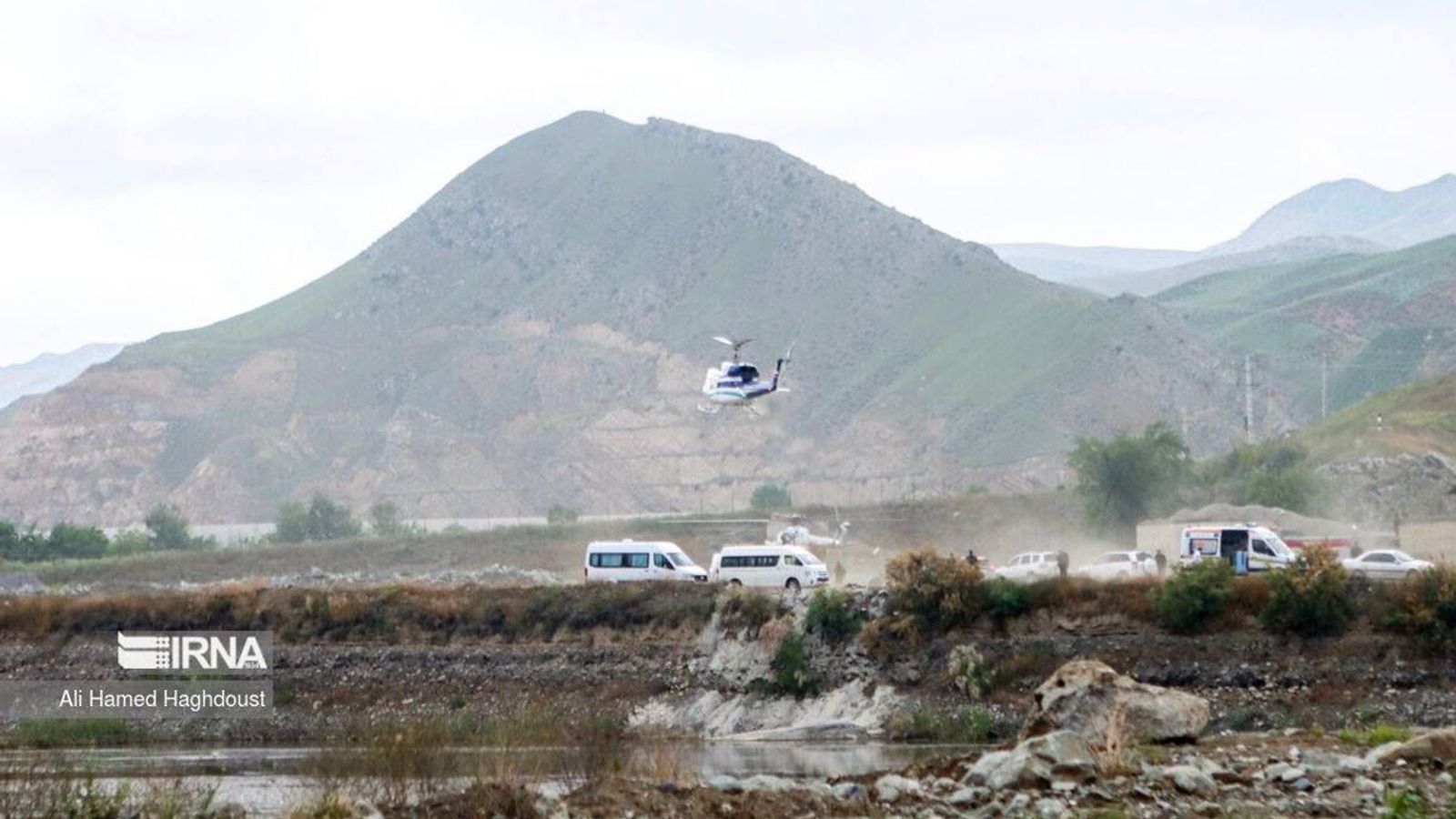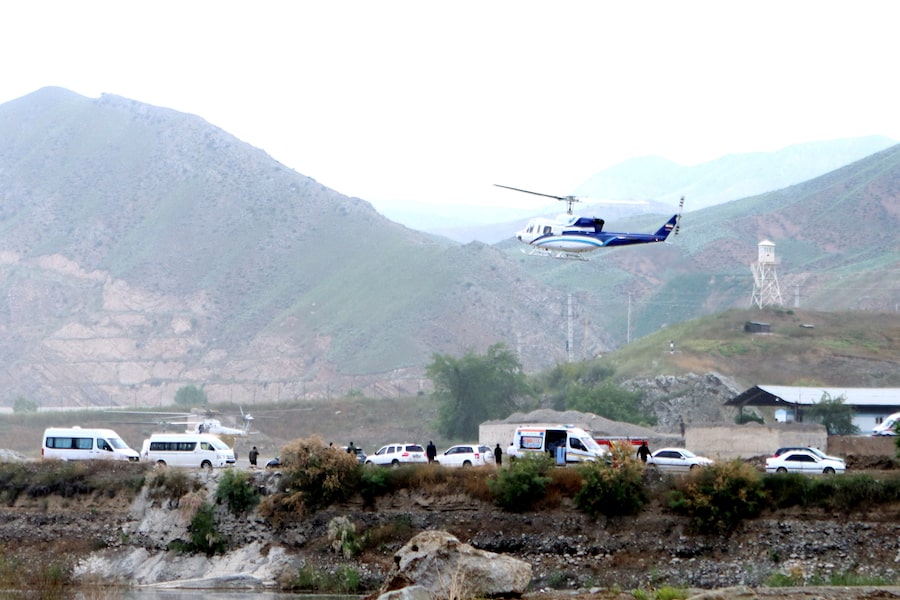The death of Iranian President Ebrahim Raisi in a helicopter crash on May 19, 2024, presents a critical juncture for Iran’s political stability and international relations. Raisi, a staunch conservative with close ties to Supreme Leader Ayatollah Ali Khamenei, was a significant figure in Iran’s hardline politics. His death not only leaves a leadership void but also raises questions about the future direction of Iran’s domestic and foreign policies .

Source:- BBC News
Internally, Iran must navigate the power vacuum left by Raisi’s sudden departure. The Supreme Leader holds the most influence, but the president’s role in daily governance and international negotiations is crucial. The Guardian Council will likely play a pivotal role in selecting Raisi’s successor, ensuring the continuity of the conservative agenda. This period of transition is particularly sensitive given the ongoing economic hardships exacerbated by U.S. sanctions and internal unrest.
Source:- BBC news
Externally, Raisi’s death comes at a time of heightened tensions with the West. The U.S. and its allies have been increasingly vocal about Iran’s military activities in the region, including support for proxy groups and its nuclear program. Recent U.S. calls for direct action against Iranian targets, following attacks by Iran-backed militias, underscore the fragile state of Iran-U.S. relations The new Iranian leadership will need to carefully manage these international dynamics to avoid further escalation and potential conflict.
As Iran navigates this perilous moment, the actions of its political and military leaders will be closely scrutinized both domestically and internationally. The handling of Raisi’s death and the subsequent political adjustments will be critical in determining the country’s stability and future trajectory.
Share your views in the comments

